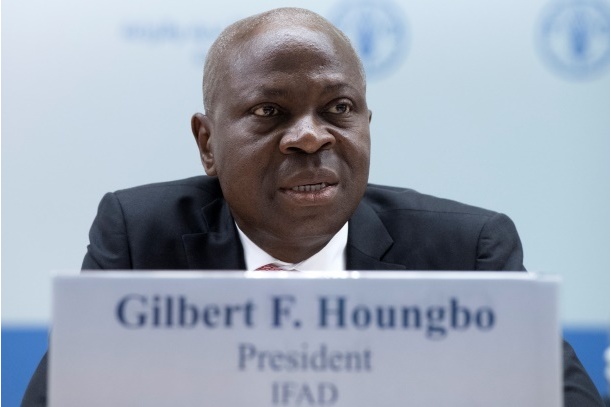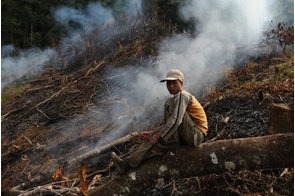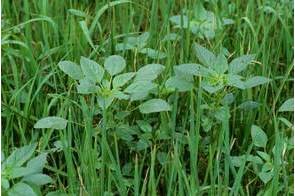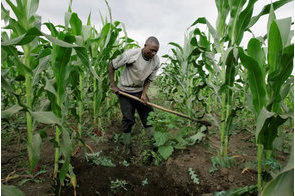IFAD to provide $40mn loan for Sub-Saharan Africa Aquaculture Programme

Summary
IFAD stated that the programme will pay special attention to women and youth.
The International Fund for Agricultural Development (IFAD), an agency of the United Nations, has agreed to provide a $40 million loan to help develop the aquaculture sector of Sub-Saharan Africa (SSA).
The agreement will provide financial support to the $143 million Aquaculture Business Development Program and other related activities designed to sustainably promote fish production in 15 target countries.
According to IFAD, the financial agreement, signed in Rome by the president of IFAD, Gilbert Houngbo, and Charge d’affaires of the embassy of Kenya, Harriet Nduma, will go a long way to improve food security and reduce poverty in rural areas.
The programme aims to assist thousands of smallholder farmers in becoming profitable fish producers or village-level providers of support services.
IFAD, in a press release, stated that the programme will be co-financed by the Food and Agricultural Organisation (FAO), an agency of the United Nations, with $400,000, the Kenyan government with $31.4 million and by the beneficiaries of the programme.
A $27.9 million funding gap in the programme will be covered by future IFAD financing rounds or by potential co-financing partners.
IFAD stated that the programme will pay special attention to women and youth. It noted that while women are engaged in most areas of fish value chains, recent studies show that men receive a larger share of the benefits. Youth unemployment, also, is very high in rural areas.
Related
-
Researchers advocate changes in small-scale farming methods to prevent biodiversity losses
The researchers say agricultural practices of small-scale farmers are environmentally unfriendly.
-
Tackling the menace of weeds in organic farming
The availability of more healthy foods grown in environmentally-friendly manner can be significantly increased if ...
-
IFAD projects improve food security among rural poor in Nigeria
Notable achievements were recorded with regard to access to finance, community capacity-building and job creation.








